
The 5.5-Man Pitching Rotation
The MLB starting pitching rotation has been evolving for more than a century: We’ve seen the 3-man rotation, the 4-man rotation, the 5-man rotation, and now even some 6-man rotations.
However, the optimal rotation is the 5.5-man rotation. In this analysis, I’ll explain why.
Photo Credit: Mike Stobe/Getty Images

Comparing The Predictive Powers of xwFIP and FIP
In my previous post, I introduced an enhanced version of FIP - named xwFIP - which incorporates batted ball data and 100% of plate appearances while remaining completely fielding independent. But how is xwFIP’s ability to predict future pitching success? Let’s have a look.
Photo Credit: The Athletic
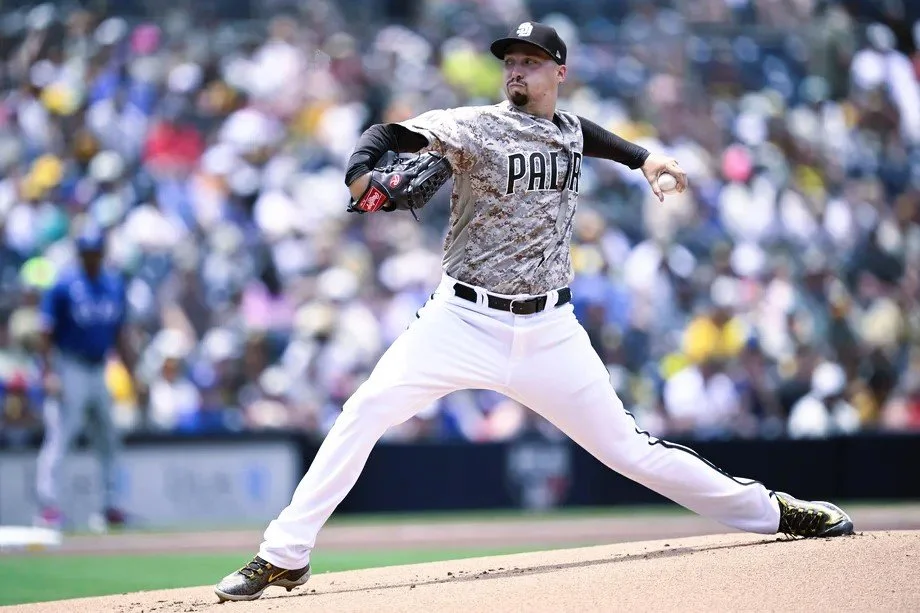
Introducing xwFIP: An Expansion of Baseball’s Most Powerful Pitching Statistic
Since Tom Tango introduced Fielding Independent Pitching (FIP) to the baseball community around the year of 2009, the metric has been the gold standard for evaluating pitching performance. Tango has effectively proven that FIP is a better predictor of future pitching success than ERA. FIP’s special sauce is its ability to filter for outcomes that are directly related to pitcher performance—home runs, walks, hit batsmen, and strikeouts. Since it’s difficult for the baseball community to assign credit or blame for groundouts, flyouts, and base hits, all of which are largely dependent on the ability of the pitcher’s fielders, these outcomes are treated equally.
Homeruns, walks, hit batsmen, and strikeouts accounted for only 35.7% of plate appearances (PAs) in 2023. However, if we are able to add batted ball data* to FIP, while keeping the metric completely independent of fielding, we can cover 100% of PAs. In this analysis, I will have a go at doing exactly that.
Photo Credit: Orlando Ramirez/USA TODAY Sports

The Sac Fly Paradox: How to Hit Them and How to Prevent Them
While looking at the nearly 1200 sac flies hit in 2023, I noticed an interesting paradox: The average sacrifice fly reduced the offensive team’s expected runs scored in the inning by 0.284 runs. At the same time, it increased the offensive team’s win probability by 1%.
Sac flies are a perfect example of situational hitting in baseball: while they might hurt the offense when trailing by multiple runs in the late innings, they can become invaluable in tied games, one-run contests late in the game, or when the offense is holding a lead. In these situations, sac flies serve as a great way to elevate the batting team's win probability.
In this analysis I’ll break down the characteristics of pitches that batters should look for when aiming to hit a sac fly, and the characteristics of pitches that pitchers and catchers should avoid when trying to prevent a sac fly.
Photo Credit: Getty Images

From '96 to Today: Unveiling the Most Efficient Scorers From the Field
In my previous basketball analysis, I looked into the optimal shot location in today’s NBA and identified the most and least valuable shooters from the field.
In this analysis, I am broadening my scope: I will examine all shots taken dating back to the start of the 1996 season, to determine which players would be the most efficient scorers from the field if they played in today’s NBA, to assess how shooting efficiency has improved over the years, and to evaluate shooters that were the most valuable when accounting for the league average efficiency in the year each shot was taken.

Predicting How Yamamoto Will Perform in the MLB
Yoshinobu Yamamoto is the top free agent starting pitcher this offseason, coming off three straight Sawamura Award seasons (top starting pitcher) and three straight Pacific League MVPs in Nippon Professional Baseball (NPB).
However, history shows that Japanese starting pitchers often struggle to replicate their performances upon transitioning to Major League Baseball (MLB). The MLB's typical five-day rotation allows for less recovery time between starts compared to the NPB's once-a-week rotation. In addition, there is a difference in the hitting approach between the MLB and the NPB, with the MLB favoring power hitting over contact. These discrepancies present a significant challenge for Japanese pitchers making the switch to the MLB.
In this analysis, I look into the eleven starters who have made the journey from the NPB to the MLB to attempt to answer how Yamamoto will perform in his new ballclub.
Photo Credit: Getty Images

Does The “Hot Hand” Exist in Basketball?
There exists an age old debate among researchers and statisticians as to whether “hot” exists in sports, i.e., that a person who experiences a successful outcome has a greater chance of success in his next attempt. Tom Tango does a great job determining whether batters and pitchers go through hot and cold streaks in baseball in “The Book”, and Gilovich, Vallone and Tversky (1985) famously studied the phenomenon in basketball.
The idea of the “hot hand” fascinates me from both a cognitive and statistical perspective, and in this analysis, I am making my own go at determining whether the phenomenon exists in the NBA.
Photo Credit: Jim Davis/Globe Staff
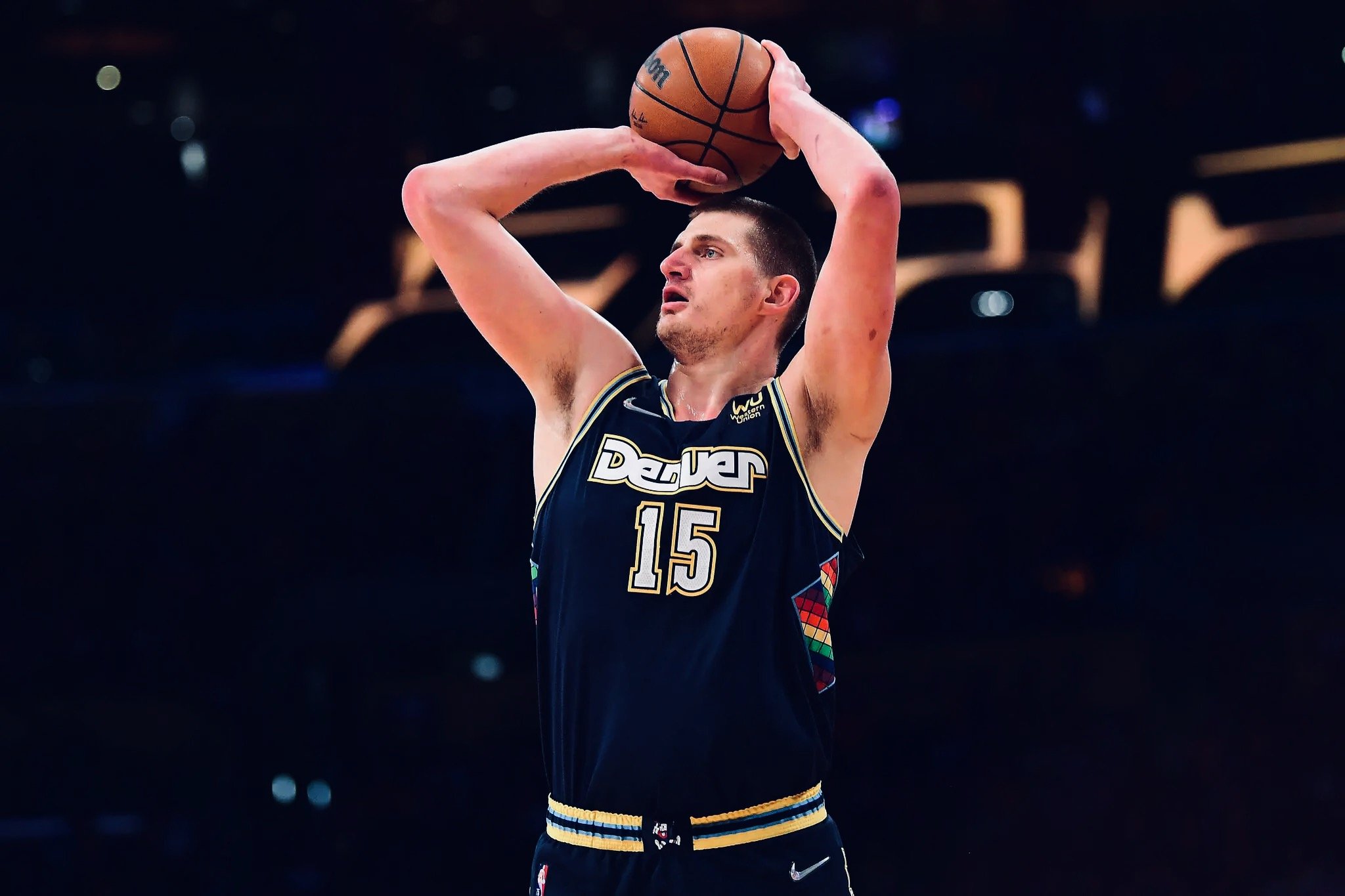
What Are The Expected Points of Shooting From Each Location?
With the NBA season well under way, it’s time for my first basketball analysis!
The NBA has evolved into a three-point shooting league, with 39% of shots taken in the last 3+ seasons (from 2020-2021 to the current 2023-2024 season) being three-pointers. That figure has risen steadily from just 3% of shots being three-pointers in 1980. This fact got me thinking: What are the expected points per shooting location on the field?
Photo Credit: Gary A. Vasquez/USA Today Sports, via Reuters
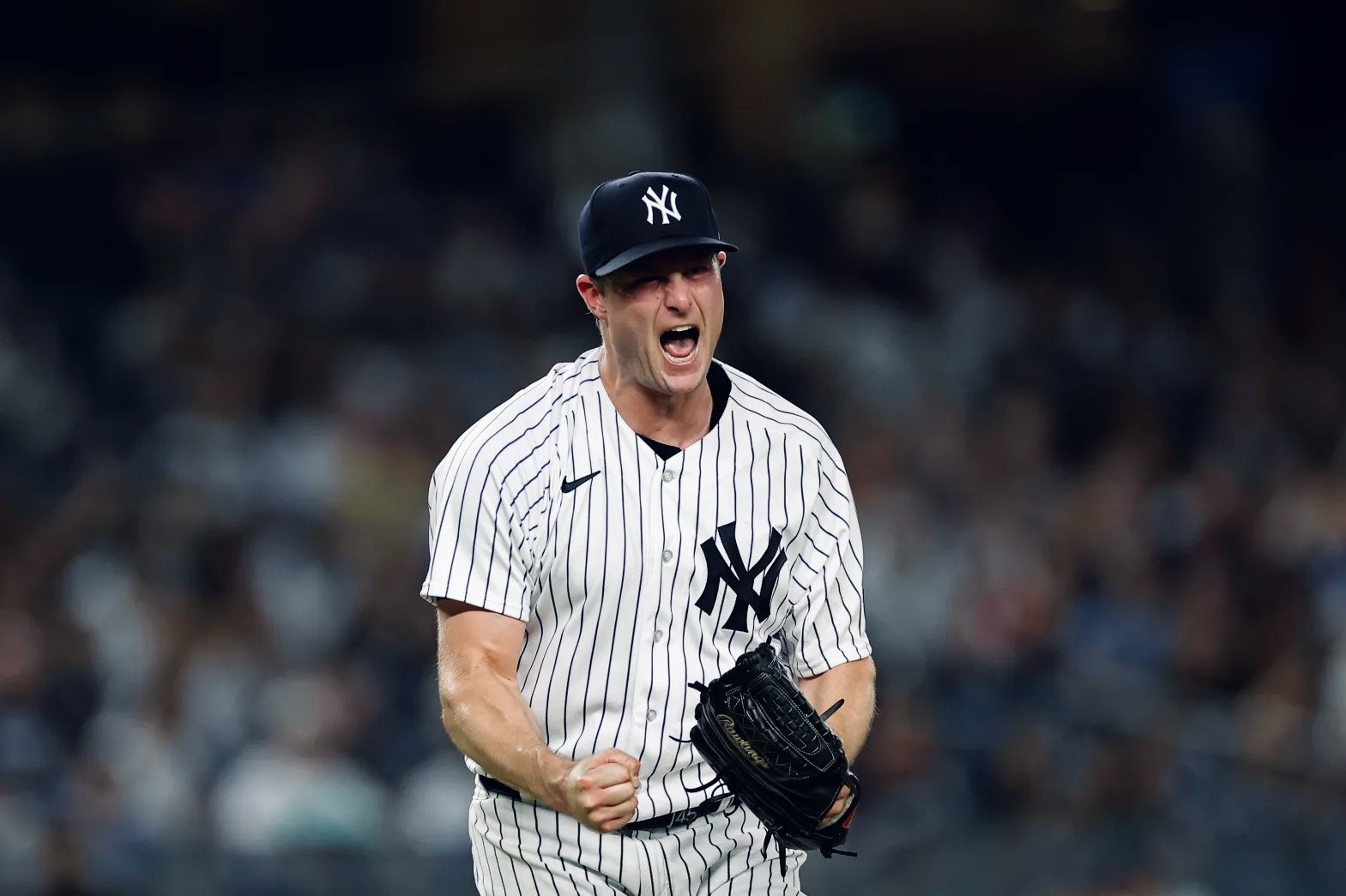
Cole Wins Cy Young. How Did He Finally Succeed?
Gerrit Cole has finally done it. After two second place finishes, two fourth place finishes and one fifth place finish, the Yankee ace has locked down his first Cy Young award. Cole led American league pitchers in W-L%, ERA, games started, shutouts, innings pitched, ERA+, WHIP, hits/9, and bWAR. He is certainly deserving of the award, winning unanimously.
Cole’s bWAR in 2023 is even higher than his dominant 2019 season with the Astros in which he went 20-5 with a 2.50 ERA and led the league with 326 strikeouts, narrowly losing to teammate Justin Verlander in the Cy Young voting.
So why this year? How did he finally get there?
Photo Credit: NJ.com
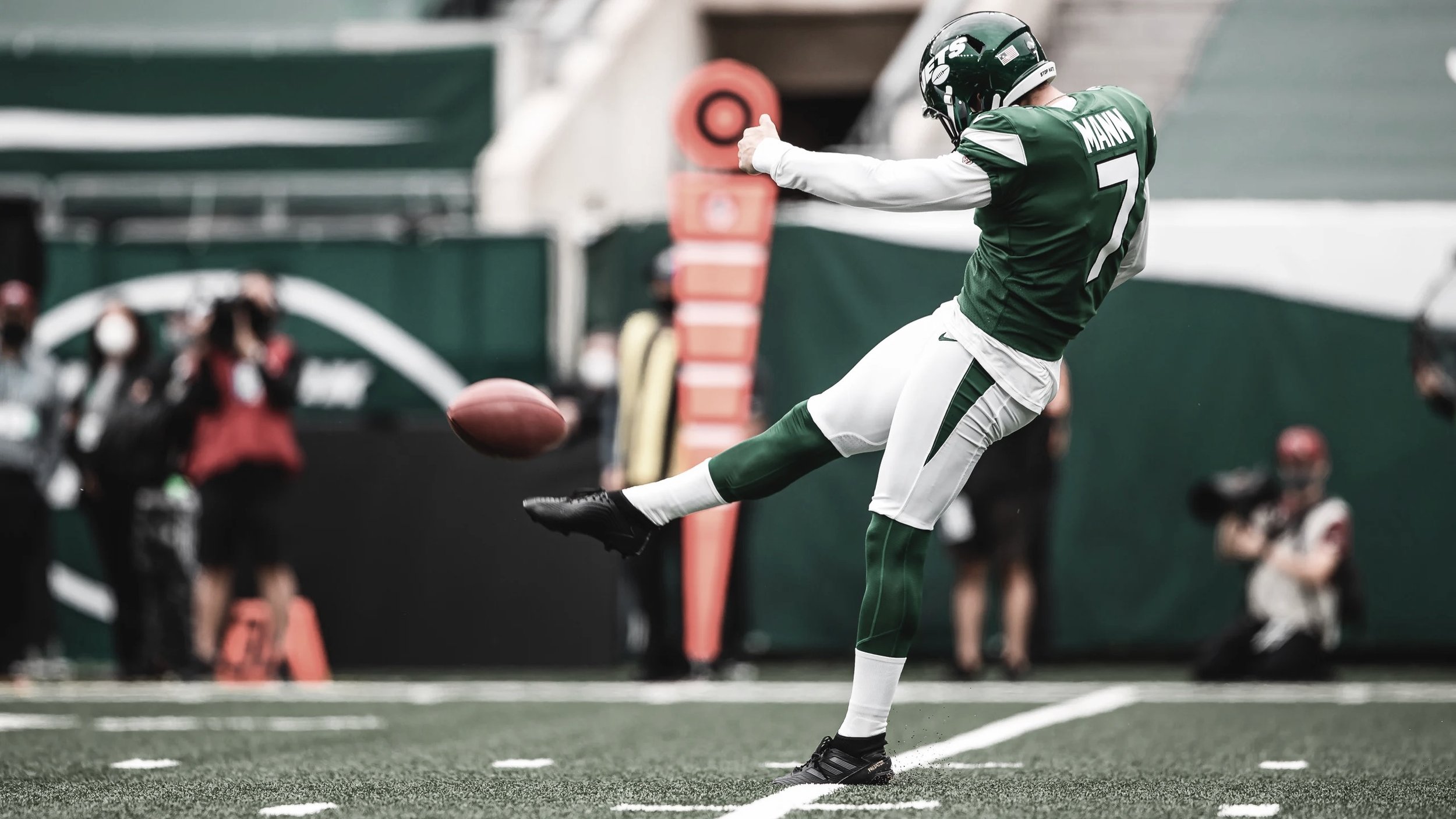
What is The Optimal Punt Location?
In “honor” of the Giants and Jets achieving a 20-year record with 24 punts in an NFL game in Week 8, I’ve analyzed the relationship between punt location and the opponent’s starting field position to determine whether there is an optimal location to punt from.
Photo Credit: newyorkjets.com
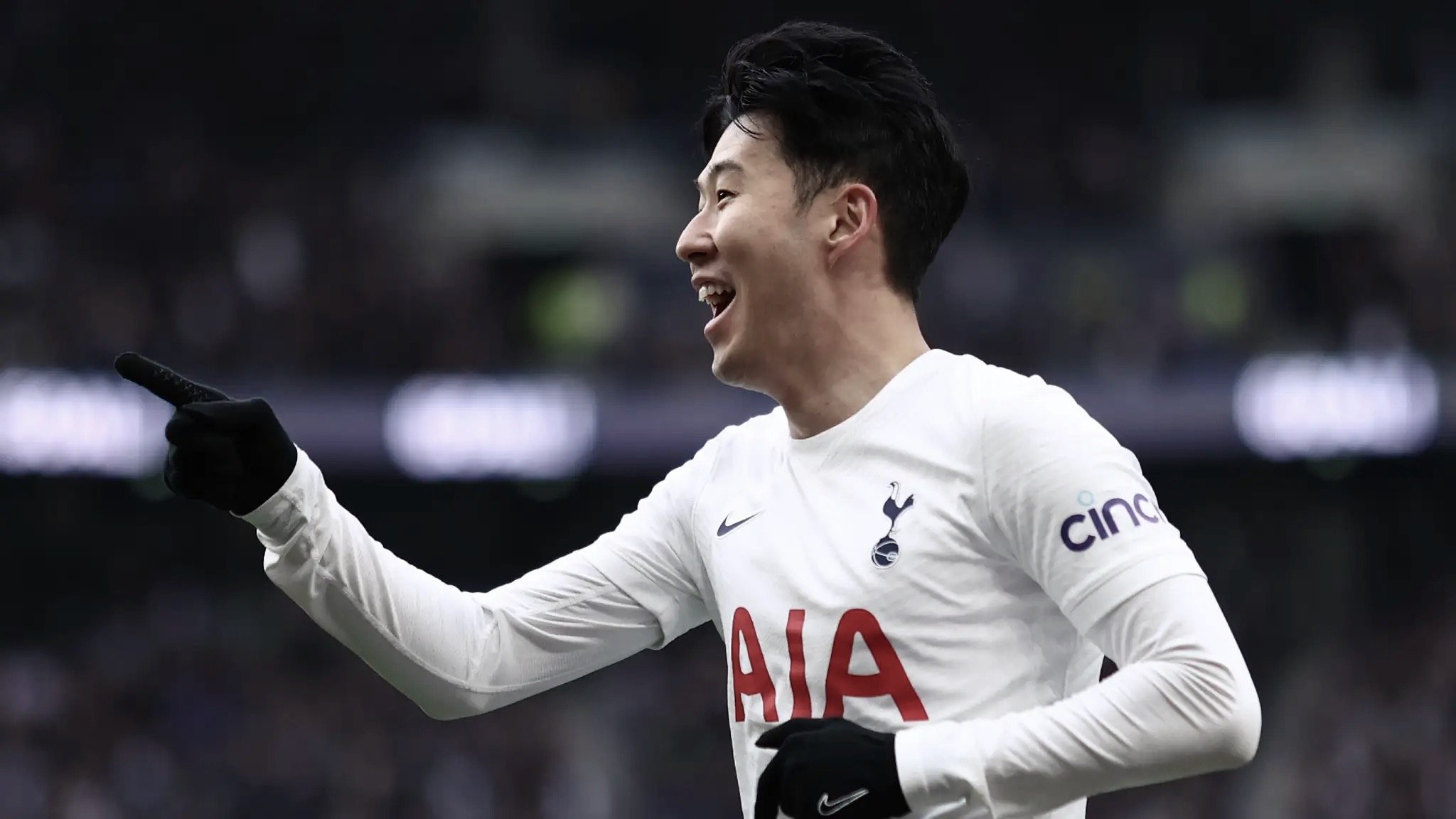
EPL: Who Can Secure A Top 4 Finish, and Who is Facing Relegation?
Eleven matches into the 2023-24 EPL season, Manchester City currently leads the table, followed by Tottenham, Liverpool, and Arsenal. Following my NFL ELO analysis from last week, I wondered: Can we use the ELO framework to identify the EPL teams likely to secure a top 4 finish, and those facing potential relegation?
Photo Credit: Getty Images

Should Batters Have Two or More Swings?
In the world of baseball, both pitchers and batters are constantly strategizing to gain an edge. Pitchers carefully choose their pitches and arm angles based on the situation, while batters make subtle adjustments in their stances or even switch to lighter bats against particular pitchers.
But are batters fully utilizing the spectrum of swing varieties to maximize their performance?
Photo Credit: Mark J. Rebilas/USA TODAY Sports
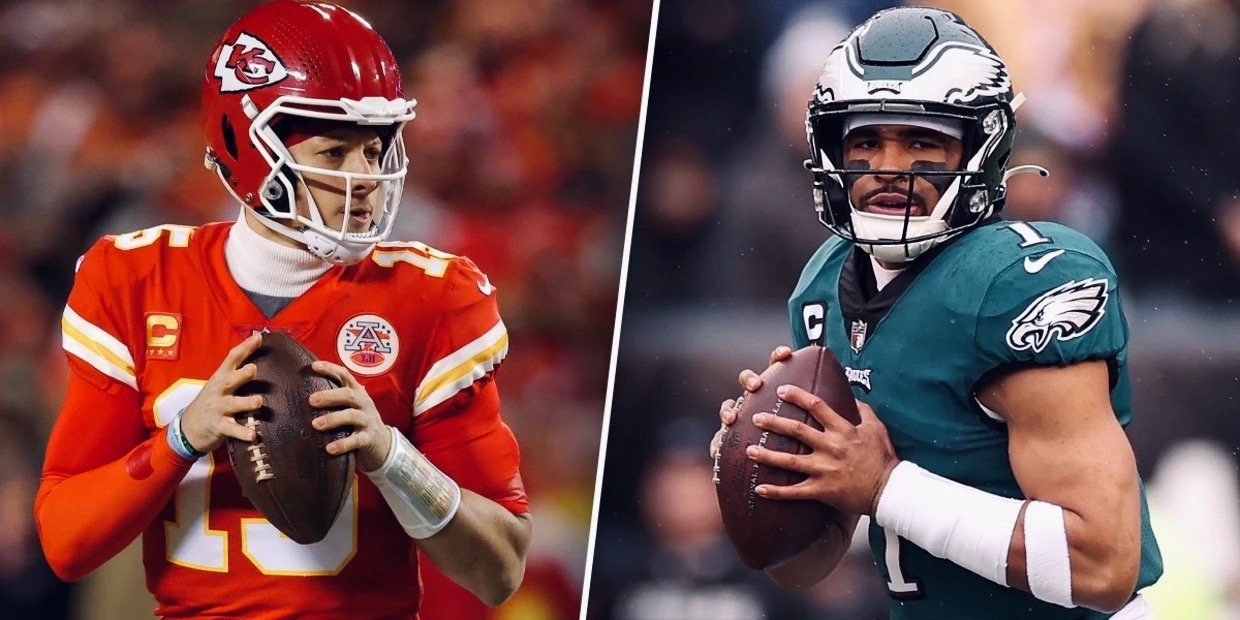
Is There A New Best Team in The NFL?
With schedule imbalances early in the season, it can be difficult to determine the best team in the league purely by record.
538’s ELO system used to be a reliable source for NFL team comparisons, controlling for the difficulty of opponent. However, since 538 has stopped publishing sports rankings and predictions, I thought it would be a good time to run a two-year rolling ELO to rank all the NFL teams with 1000 as the starting point. Here’s how it turned out.
Photo Credit: Getty Images

When Should a Team Save its Ace for Game 2?
Game 1 of a playoff series; matchup of aces, and an electric pitchers’ duel coming up. Whether it's a three-game Wild Card Series, five-game Division Series, or seven-game Championship or World Series, seizing victory in Game 1 and exerting pressure on your opponent is vital.
It seems optimal to have your ace take the mound for that start, granting your team the flexibility to bring him back earlier in the series, and perhaps even from the bullpen in a critical do-or-die scenario. However, can there be exceptions to this conventional philosophy? If Game 1 entails facing off against an elite pitcher such as Randy Johnson, Pedro Martinez, or Jacob DeGrom, could it be wiser to hold your ace for Game 2 to enhance your overall series prospects?
In this analysis, I will explore how a team can alternatively structure its playoff pitching rotation to maximize its chance of winning the series.
Photo Credit: Jeff Zelevansky/Icon SMI

When Will Usain Bolt’s 100m Record Be Broken?
The 100m sprint certainly isn’t a ball sport, but the race that determines the title of Fastest Man on Earth definitely deserves an analysis.
It has been over 14 years since Usain Bolt set the 100m world record by clocking in at an astonishing 9.58 seconds at Olympiastadion, Berlin. Back in 2009, many may have expected the progression of record breaking 100m times to continue. However, that trajectory never materialized, and the only individual who has even come close to Bolt's remarkable record time is Bolt himself. This made me wonder: Is it possible to estimate when someone will beat Bolt’s 100m record?
In this analysis, I will delve into the data encompassing 1262 men's 100m outdoor sprints, all electronically timed at under 10.0 seconds and executed with a maximum permissible tailwind of 2.0 m/s (the threshold for record-qualifying times). The aim is to make an estimation of when someone will eventually surpass Bolt's record.
Photo Credit: Sky News
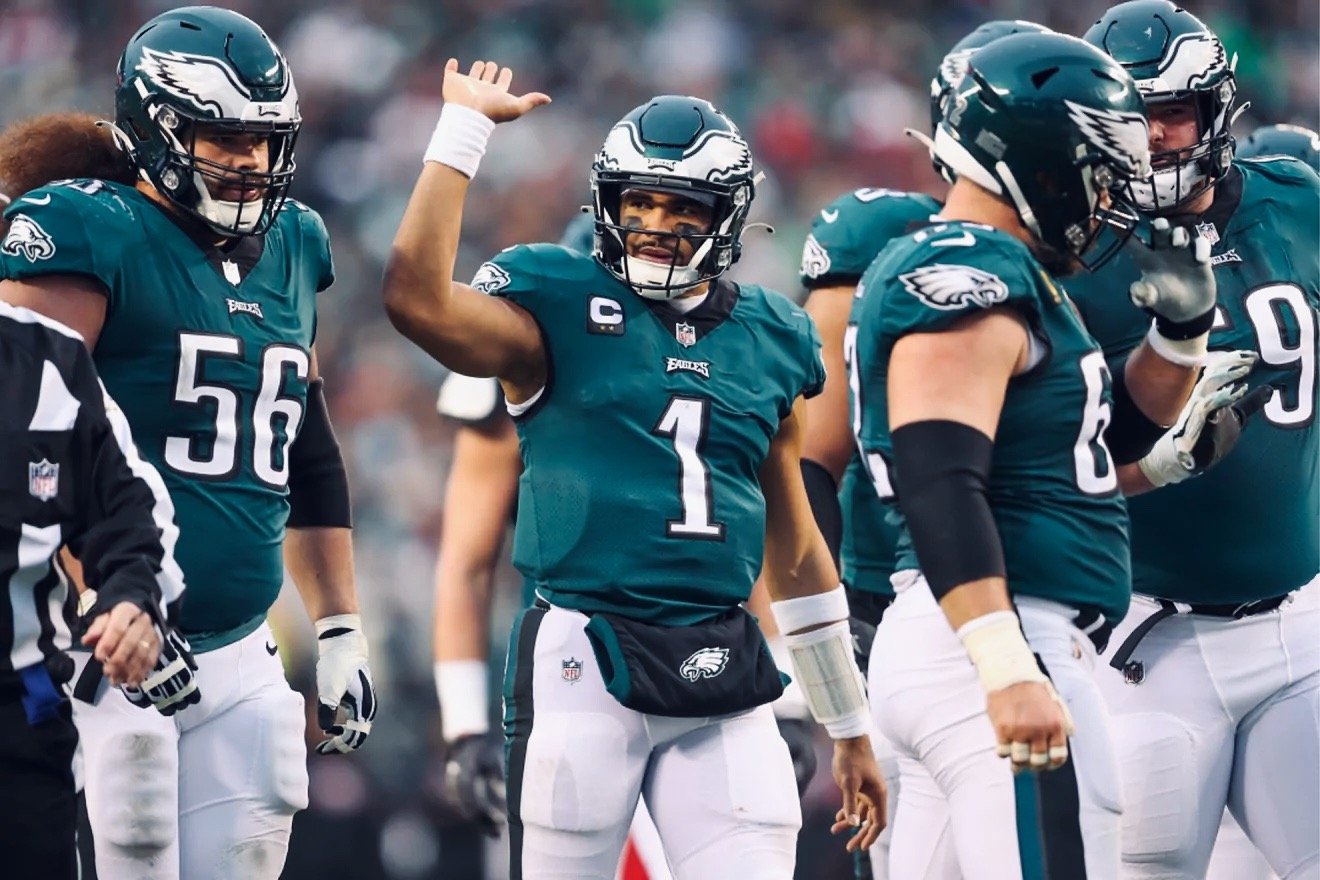
How to Stop The Eagles Offense
The Philadelphia Eagles have been nothing short of remarkable in their last 25 games, boasting an impressive 21-4 record from the start of the last season, including three playoff encounters. The consistent Eagles’ offense averaged 28.1 points per game in the regular season last year and is averaging 28.2 points per game through five games in 2023.
So how can opposing defenses slow down the Eagles’ offense? In this analysis, I will break down the run/pass tendencies of the Eagles' offense, identify their situational strengths and weaknesses, and formulate a strategic approach to stifle their juggernaut attack.
Photo Credit: philadelphiaeagles.com
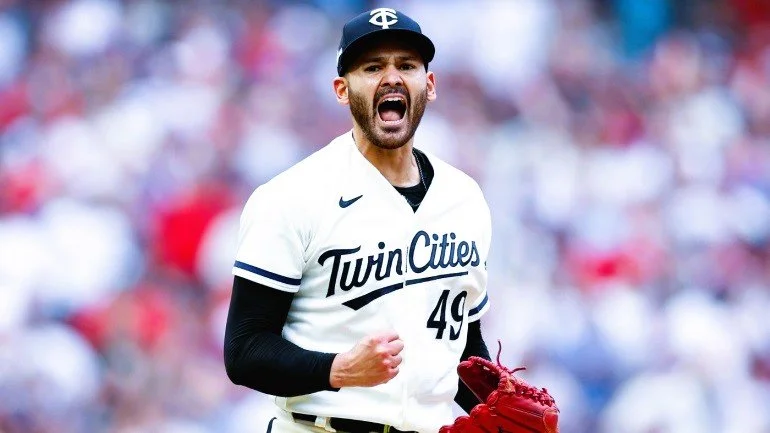
Paraball Win Share: A New Win Expectancy Tool
Watching the Wild Card Series the last few days, I’ve found myself thinking of win expectancy tools. Baseball has a long history of using empirical formulas to estimate a team's expected win total based on run differentials. This practice dates back to the days of the Bill James Pythagorean Theorem and has undergone refinement over the years. While run differential remains a powerful tool for assessing a team's quality independently of their win-loss record, it's not without limitations.
One notable flaw with the use of run differential is the consideration of blowout games. Every season there are teams that have many more blowout wins than losses, and teams that have many more blowout losses than wins. As a result, these teams have a skewed run differential and a skewed win expectancy. Not all runs should be treated equally; when a position player gives up 6 runs in the 9th to extend his team’s deficit to 16, those runs should be devalued.
This leads me to ask the question: Is there a better way to estimate win expectancy?
Photo Credit: Getty Images

Why Do Curveballs Have a Reverse Platoon Advantage?
A recent post by Tom Tango about platoon splits by pitch type revealed that changeups and curveballs are the two pitches with the most significant reverse platoon advantage - that is, right-handed pitcher changeups and curveballs are more effective against left-handed batters, and left-handed pitcher changeups and curveballs are more effective against right-handed batters. Changeups tail to the arm side and away from batters on the opposite side of the pitcher, so a reverse platoon advantage there is not surprising.
But why are curveballs more effective against batters with the opposite handedness of the pitcher? And how can pitchers use that to optimize their execution of curveballs?
Photo Credit: Yong Kim/Staff Photographer
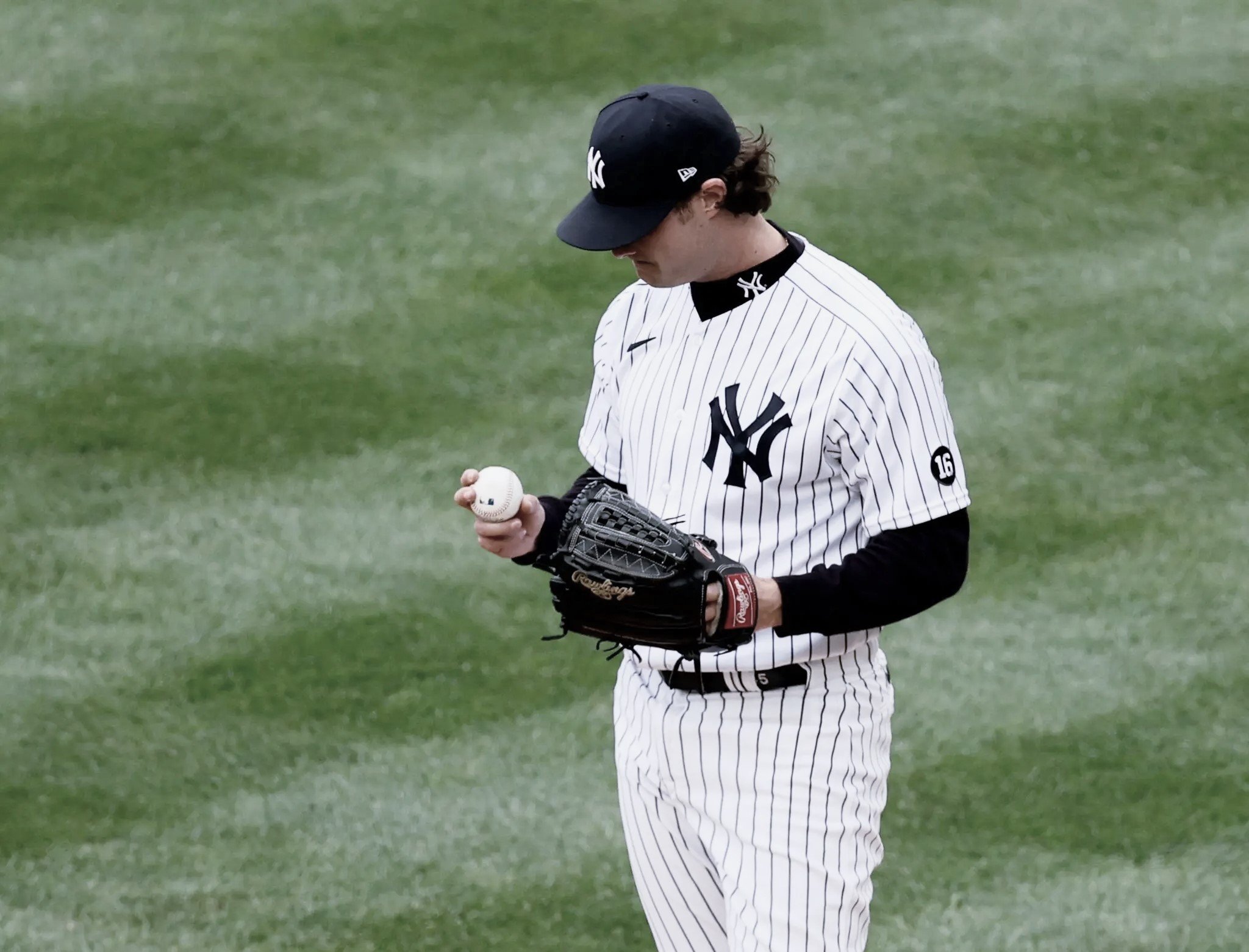
How Will The Robo Ump Impact Pitch Types and Pitch Locations?
My previous analysis (Who Wants the Robo-Ump? And Who Doesn’t..) focused on which batters, pitchers, and catchers that will be most impacted by having a robot umpire - the automated strike zone (ABS) set to be introduced into the MLB some time in the next few years.
But how will pitch types and pitch locations be impacted by the ABS?
Photo Credit: Jason Szenes/EPA

Who Wants the Robo-Ump? And Who Doesn’t..
The Automated Ball-Strike System (ABS), also referred to as “the robot umpire”, is coming to Major League Baseball within the next few years. ABS will certainly have an impact on catchers, who are currently credited or discredited for Framing Runs based on their ability to pull borderline pitches into the strike zone and hold them for the umpire to believe they were strikes.
But how will ABS impact batters and pitchers? Will superstars no longer get superstar treatment on borderline calls? And who will ABS benefit more - pitchers or hitters?
Photo Credit: Bob Levey/Getty Images